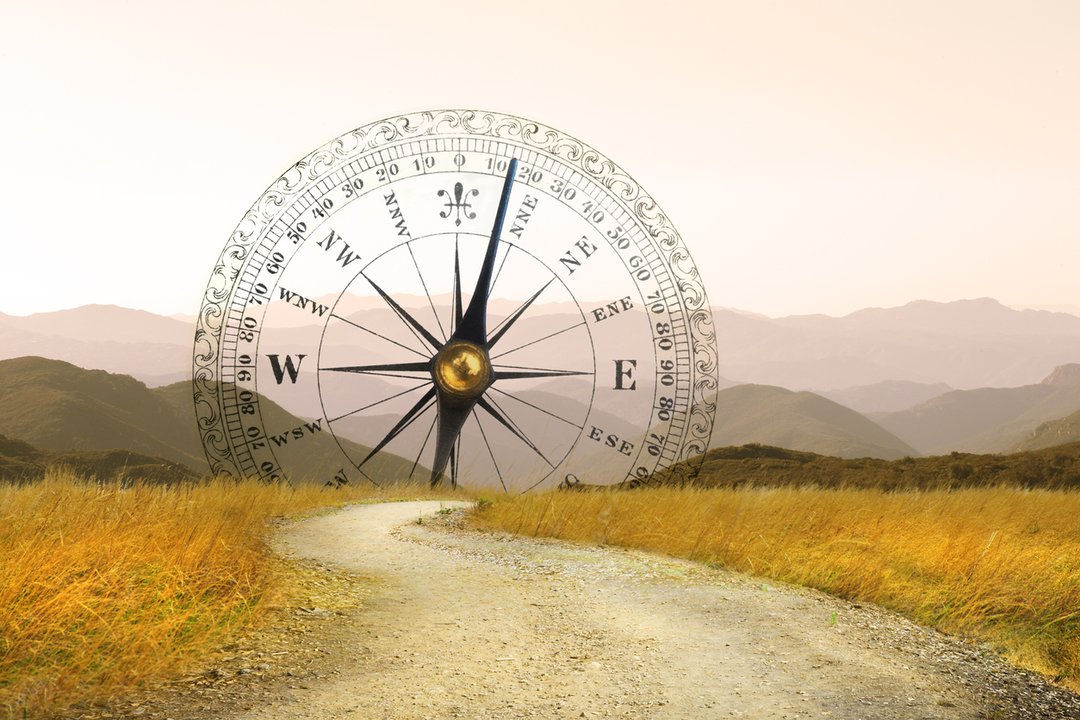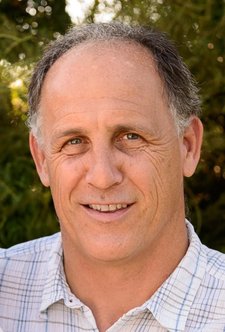
By Karen Kreider Yoder and Stephen Kreider Yoder
July 2, 2024
The first couple of years in retirement are often the most difficult. But they also can set the stage for how you’ll fill the years ahead—both financially and psychologically. Stephen Kreider Yoder, 66, a longtime Wall Street Journal editor, joined his wife, Karen Kreider Yoder, 67, in retirement in late 2022. In this monthly Retirement Rookies column, they chronicle some of the issues they are dealing with early in retirement.

iStock image
Karen
This summer, Steve and I are bicycling around Japan’s northern island of Hokkaido, where he grew up.
It is a cyclists’ paradise, with smooth rural roads along the coastline, among volcanic mountains and through farmland plains. Drivers are courteous, many campgrounds are free, hot-spring baths are everywhere. And the food!
We’ve wanted to go on this adventure for a long time. But it wasn’t on my retirement bucket list.
Because I don’t have one.
A bucket list seems to work for a lot of retirees with enticing menus of things to do before they kick the bucket. It can be a valuable motivating tool to keep active. On the road, we’ve met retirees looking to check off every national park or state, and they seem awfully happy doing so. There’s a reason the 2007 film “Bucket List,” with Jack Nicholson and Morgan Freeman, was a hit.
But what I want to do in my next decades—beyond the joys of retired daily life—doesn’t fit typical definitions of a bucket list, like this one on Merriam-Webster.com: “noun: a list of things that one has not done before but wants to do before dying.”
I’d rather not reduce my life to checking boxes in retirement. Checklists are what I do to complete chores and move on. And for decades, I ticked my way through to-do lists as a way-too-busy teacher, professor, administrator and parent. Not going to do that anymore.
Of course, there are things I want to do over the next years. I hope to develop a habit of calling up long-lost friends and perhaps reignite college friendships. I want to reconnect with family history, like traveling to Uzbekistan to visit a museum that my late dad helped develop.
But neither of these are ends in themselves. I want to rekindle old friendships in the hopes that they will last a long time. And in traveling to Uzbekistan, the idea would be that it will lead to new interests. Nothing one-and-done about either.
I’m biking in Hokkaido because it combines three things I love—bike touring, eating Japanese food and soaking in hot springs. That combination, to me, right now, is paradise.
I’ve traveled in Hokkaido many times before. But this trip helps tie us even closer to a place that was so important to Steve’s past. And it’s a test to see if we might want to come back. Or bike even more internationally.
It’s a work in progress, not a box to check or anything to do with impending death.
Steve and I have been trying to parse just what irks us about the bucket-list concept in popular culture, especially the notion that retirees should have one and better hurry up about it.
I googled “bucket list” and found plenty aimed at seniors: 60 things to do before turning 60, 70 before 70. Skydiving is common to many lists, including some that promise “unique” bucket-list ideas.
There’s a been-there-done-that vibe to many lists, a sense that life achievement is a finite series of identifiable things to acquire and dismiss. It feels like part of the 10-things-to-do-Instagram-it-all, listicle-culture drumbeat.
Portugal? Been there. Paragliding? Done that. Scuba diving the Great Barrier Reef? Check. Next.
Perhaps we’re being elitist, I thought. So I consulted a decidedly nonelitist relative in his 60s. “I do have an anti bucket list—things I never want to do,” he said, but not a must-do list.
“Bucket lists are more of a thing as baby boomers age and have money and with increased social media,” he said. “My priority is to revisit places I have already been and to reconnect with people I knew long ago.”
Steve
I admit I do have one thing on my bucket list: Learn to drive a semi, ideally ending up at the helm of a Peterbilt 379 with an 18-speed manual.
Otherwise, I’m with Karen.
My retirement menu is more of a Farm List, stuff I want to cultivate until I buy the farm. Stuff that also might plant seeds for experiences that I never would have thought to put on a checklist.
I’m not religious about it. But I’ve done enough over my 66 years to have a broad idea of what I’ll find fulfilling over the next decades, and serendipity can provide much of the rest.
There’s a lot to cultivate right at home, now that I have time—new adventures in the city, friends to spend more time with, travelers to welcome into our house, learning to .
I can build on things I already do but don’t do well. I’d like to learn to swim properly because I want to go beyond sort of staying afloat. It might become the perfect low-impact exercise I need when I can’t bike anymore and make me more comfortable snorkeling off all those tropical islands we’ll be going to.
I took a machining class 20 years ago and learned enough to add a metal lathe and vertical mill to my workshop. I tinker inexpertly with these machine tools and would love to take more lessons and hone skills to keep me happy in the garage.
I did once have a mental must-do map for travel: the Galápagos, Machu Picchu, the Trans-Siberian Railroad, Mount Kilimanjaro, among other boxes.
But with my time waning, cuing up things I’ll do just once and never again seems like a dead-end investment. I’d rather my activities produce yields for a long time.
So I’ve tossed that one-and-done travel list in favor of my Farm List philosophy. I want to visit new-to-me countries with Karen that may grow on me enough to revisit. And I want to return to regions we’ve explored that call back to me.
I’m looking at maps of Morocco, where I’ve never been, because we love moving overland in North Africa. I suspect that we’ll like it well enough to revisit, as we have Egypt, Tunisia and Algeria, and that it will cultivate our appreciation for the vast region.
We also avoid creating must-do lists of sights and photo ops when in a country. We stumble onto our travels’ most magical moments when we plan a little less and wait for unexpected adventures. If we’d had a bucket list for our Algeria trip last year, we wouldn’t have wandered around the oasis town of El Oued and into a mosque, where a young imam invited us to break the Ramadan fast with him and join his family for the evening.
I would skydive if I thought it was something I would stick to. But, as we pilots like to say, why jump out of a perfectly good airplane?
Which brings up another not-a-bucket-list category: rediscovering stuff I stopped doing. In middle age, I learned to fly a tailwheel airplane and volunteered for a while towing gliders in one. I took hang-gliding lessons with my then-16-year-old son. I haven’t been at an aircraft’s controls in 11 years, and I think it’s time to start again.
I’m reconsidering my idea of abandoning the guitar I bought in 1981 and never learned to play well. Making music, however badly, might help sustain me in slower-going years. “Keep the guitar,” a reader emailed us after I wrote that I was thinking of ditching it as part of downsizing. “Nothing better for the ‘old brain’ than learning a ‘new’ instrument.”
First, I need to study music theory. I’m only semiliterate in musical notation, so the investment could bear fruit for years.
Just don’t ask me to justify my bucket-list big rig. The mental image of floating through the gears to the growl of a diesel has been with me since a trucker picked me up hitchhiking on I-80 in 1977.
There are several truck-driving schools in the Bay Area. I could get a trucker job for a few months, perhaps pulling containers in the port.
Then I could check the box. Been there, done that.
The Yoders live in San Francisco. They can be reached at reports@wsj.com.
Dow Jones & Company, Inc.



